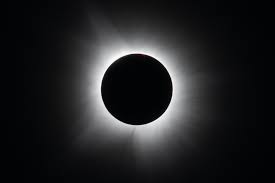The first people to make New Year’s Resolutions were the ancient Babylonians, around 4,000 years ago. Since the Babylonians created the tradition of New Year’s resolutions, they were also the first to have celebrations for the New Year. Instead of celebrating the New Year in January, they celebrated their New Year in the middle of March because that is when their crops were planted.
The Babylonians started their New Year tradition during Akitu, which is a 12-day religious festival. During the Akitu festival, they crowned a new king and promised God that they would return any borrowed items and pay their debts. These promises were considered to be the Babylonians’ New Year’s Resolutions. The Babylonians believed that if they kept their promises, then God would look favorably on them throughout the year. If their promises were not fulfilled, they believed that would fall out of God’s favor. Throughout the years, New Year’s resolutions became an important part of the celebration and their popularity continued to grow.
The Babylonians were not the only ones to create their own New Year’s celebrations. New Year’s traditions were also created in ancient Rome. In 46 B.C., Julius Caesar created a new calendar that marked the beginning of the new year as of January 1st. Caesar created this new calendar to honor Janus, who had two faces with one looking back on the previous year and the other looking forward to the new year. The Romans’ New Year’s Resolutions were considered to be sacrifices made to Janus as promises of good behavior. Friends and neighbors would also exchange wishes and gifts in order to create a positive start to the new year.
Unlike the past, today’s New Year’s resolutions usually do not have any religious meaning. They are more geared to making promises to one’s self. Some of the most common resolutions are to exercise more, eat healthier, or lose weight. Some people do not make New Year’s resolutions at all. Some people who make them do not keep them. What is your New Year’s resolution for 2021?










